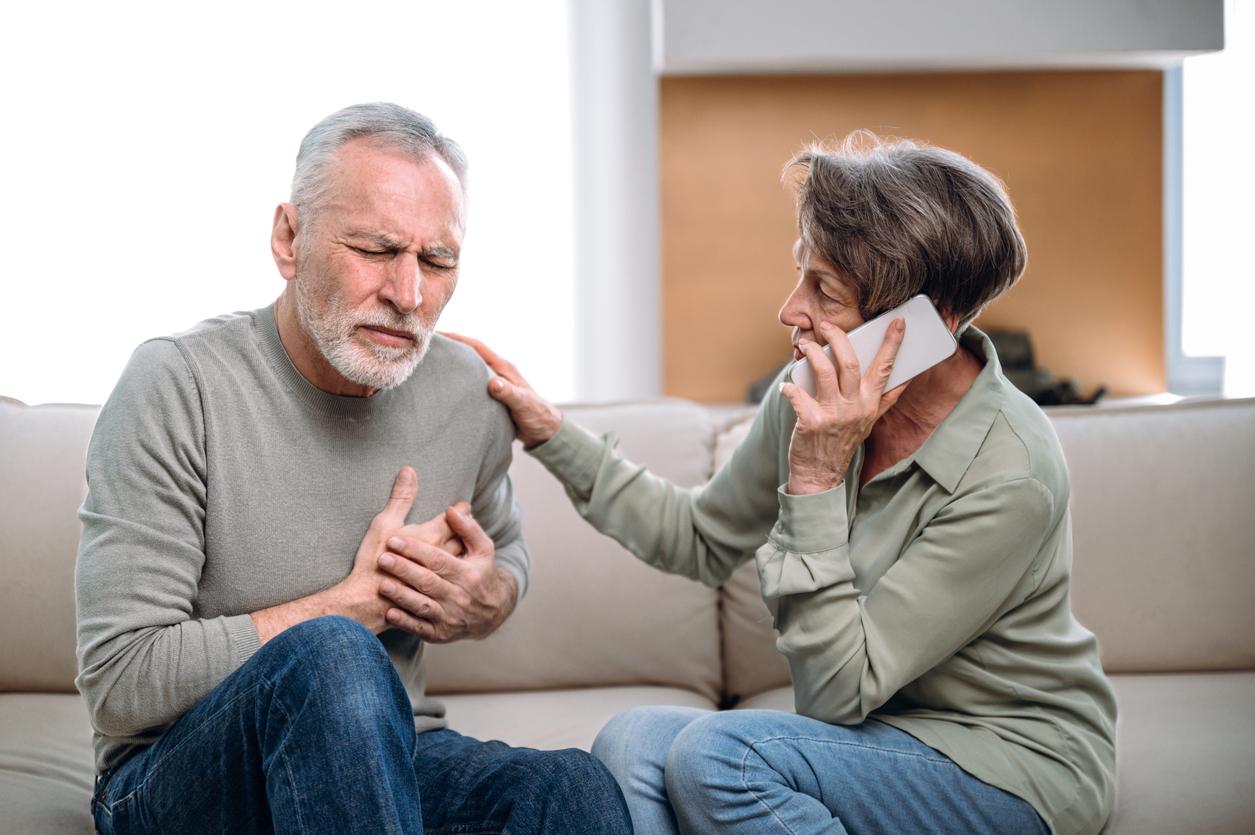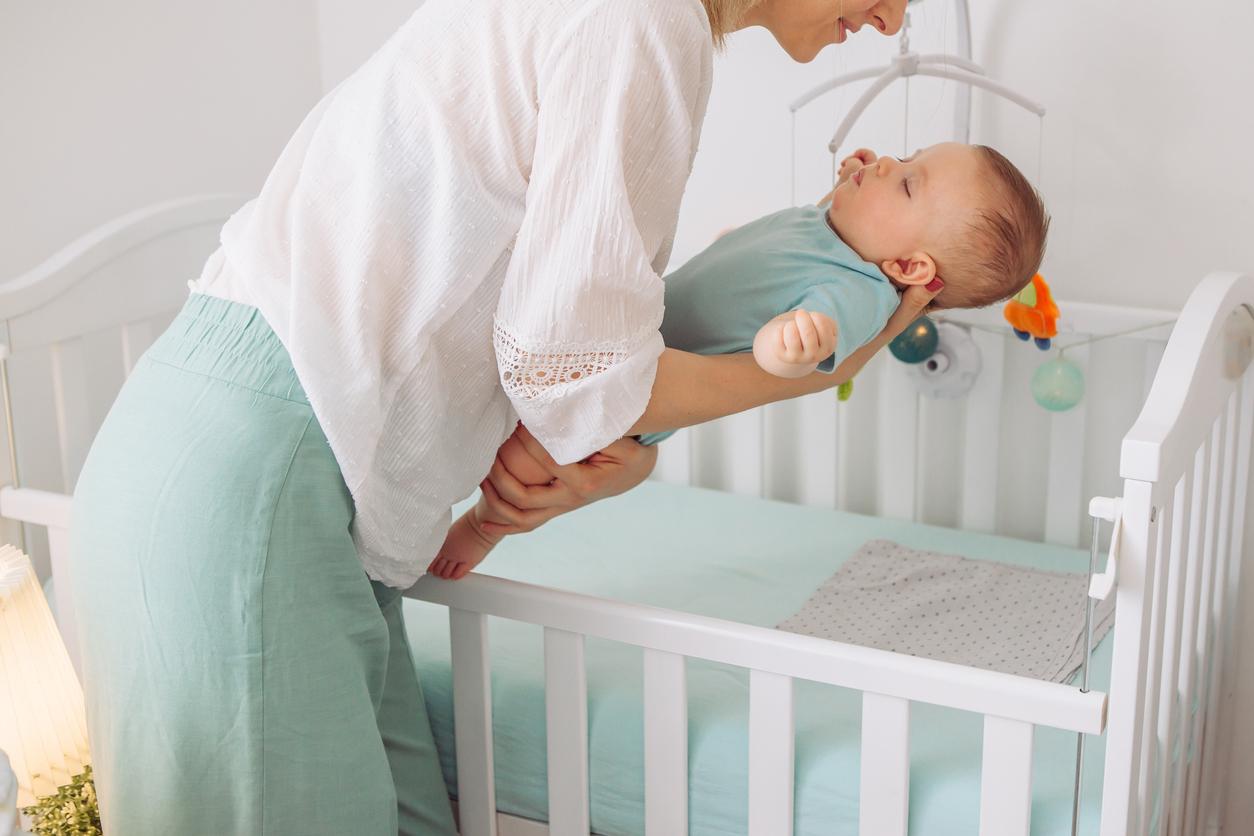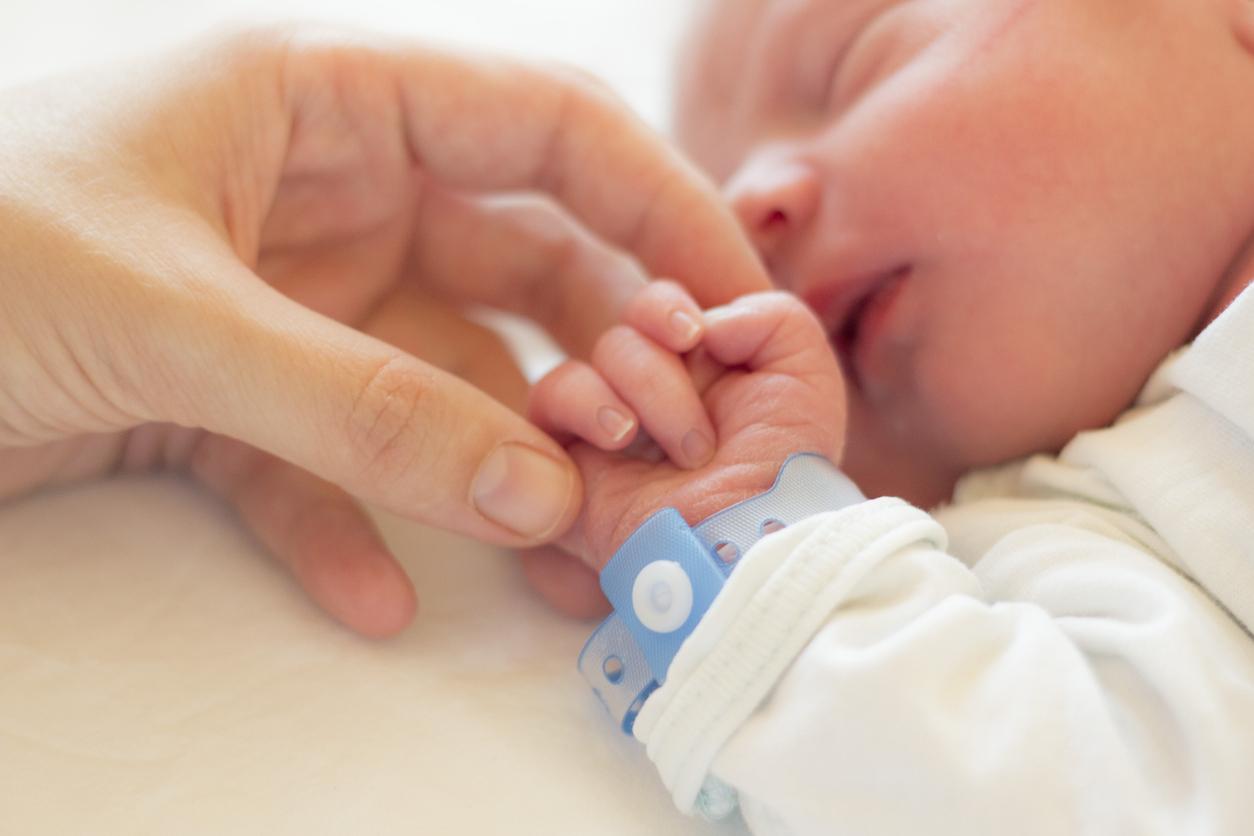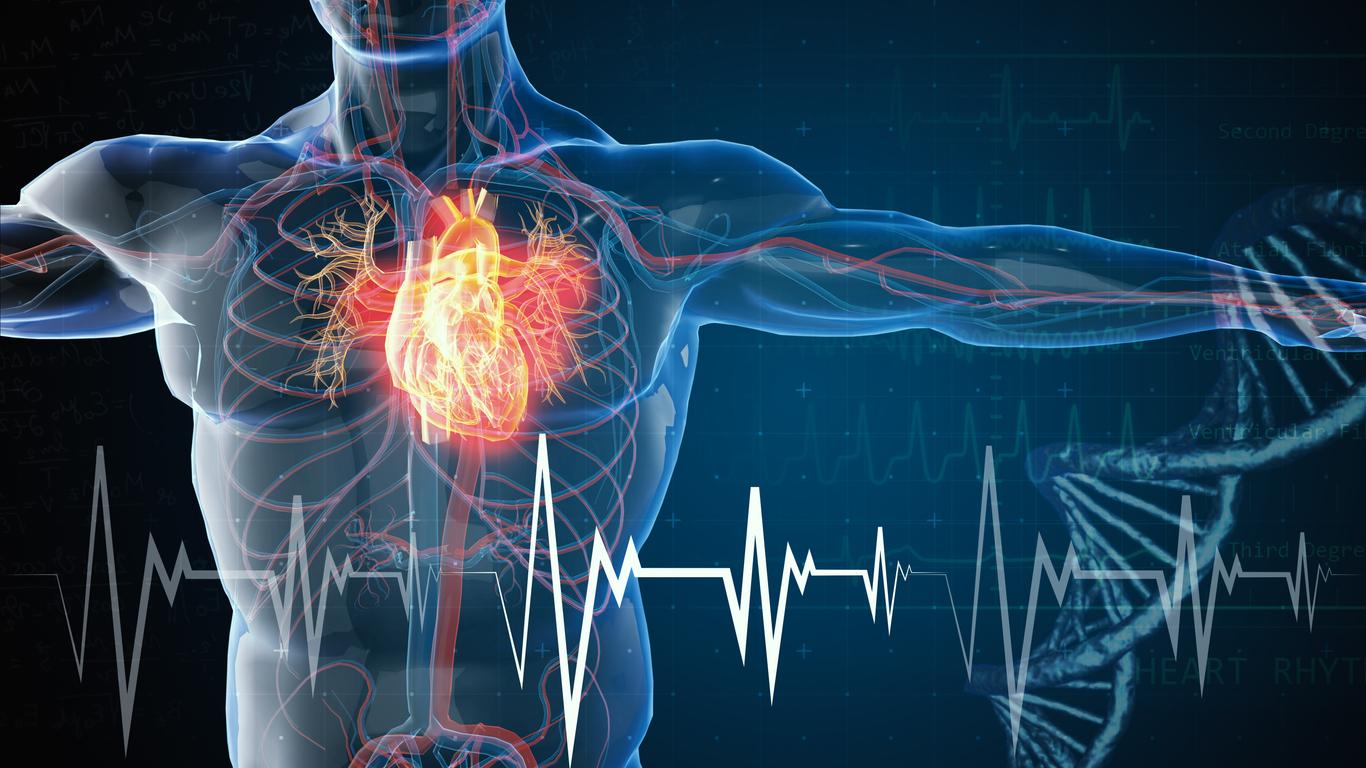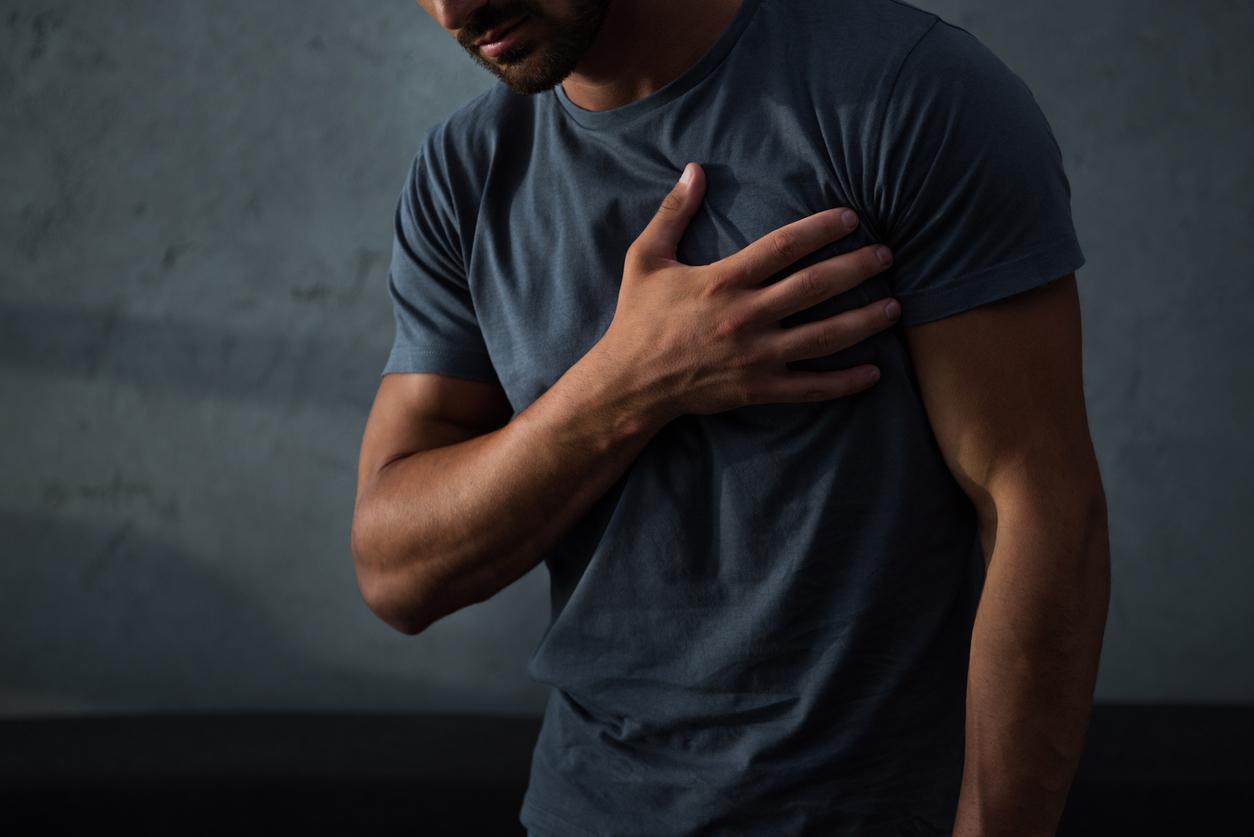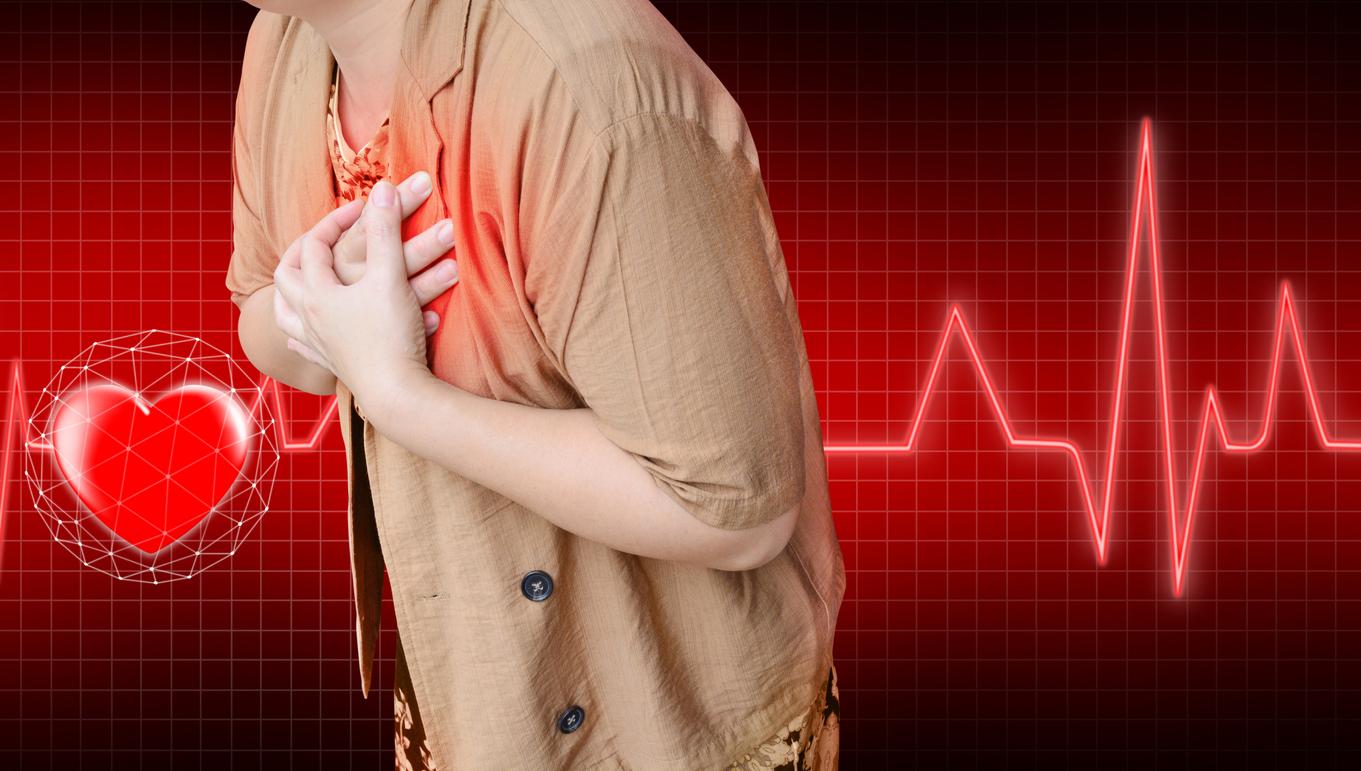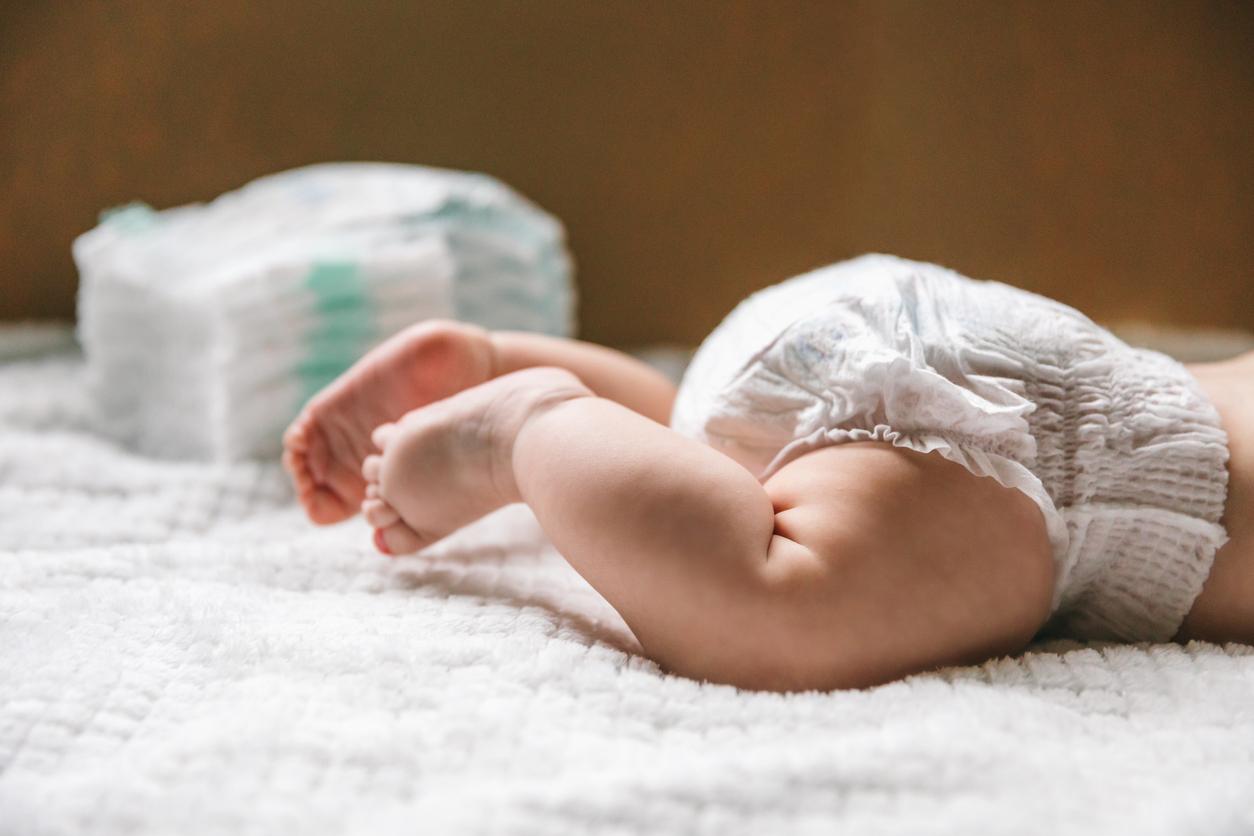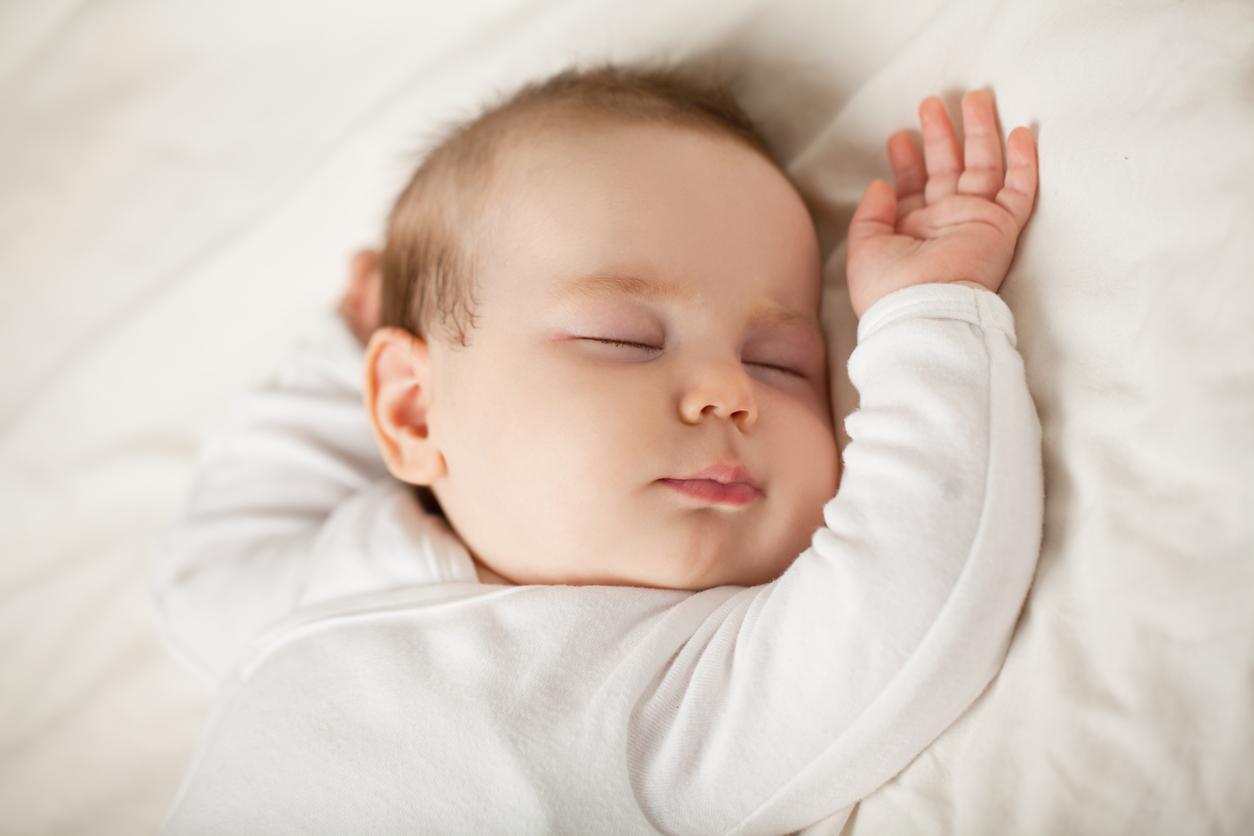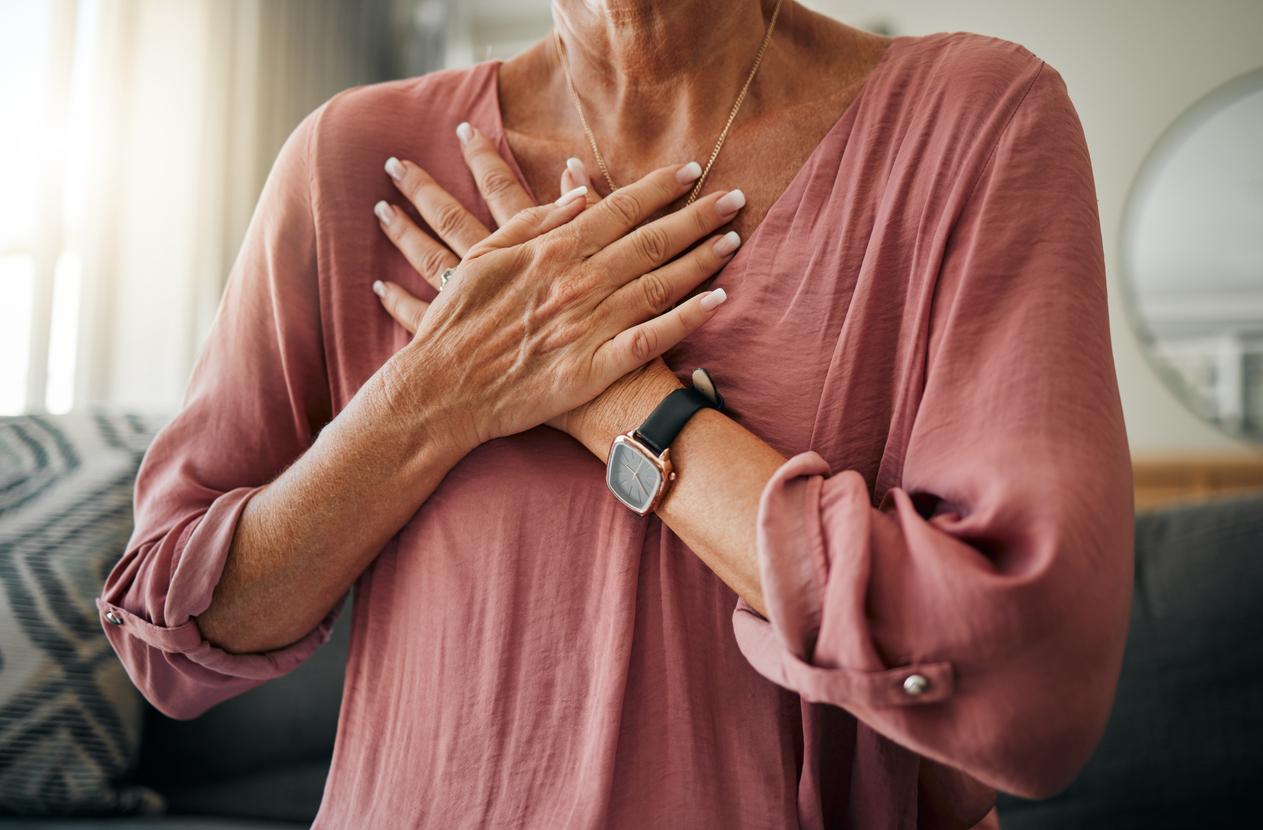Many victims of sudden death have warning signs. Knowing the main symptoms, dyspnea and chest pain, could prevent several deaths.
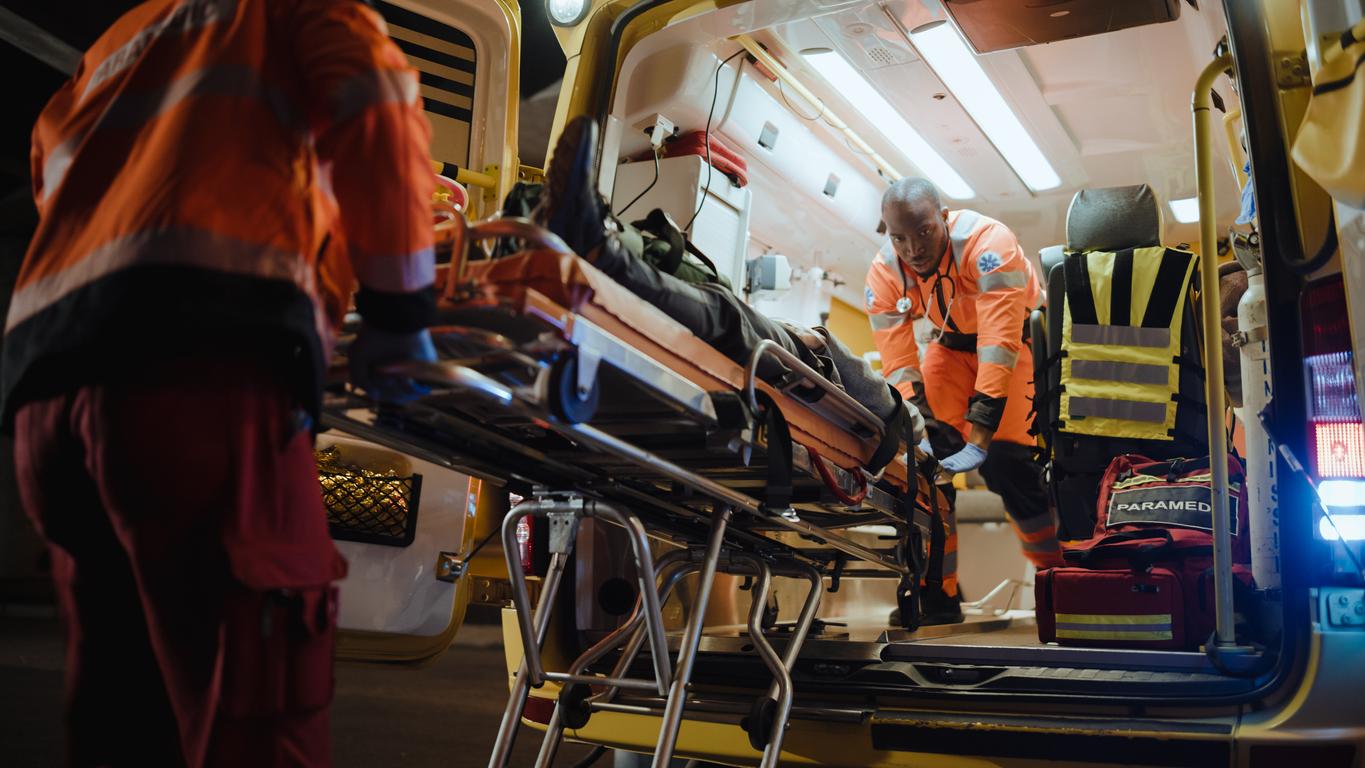
- 50% of people suffering from sudden death had warning signs in the 24 hours preceding their arrest.
- For men, the main symptom would be chest pain.
- In women, it would be dyspnea.
The incidence of sudden adult death is estimated at 1/1,000 inhabitants per year, which represents approximately 60,000 per year in France, according to the Heart and Research Foundation. Sudden cardiac death is defined as “natural death with sudden loss of consciousness within an hour following the onset of symptoms, in a subject with or without known heart disease”.
Symptoms of sudden death experienced 24 hours before
In a study published in the journal The Lancetresearchers indicate that 50% of people suffering from sudden death had warning signs within 24 hours preceding their shutdown. They believe that there are many signs that can announce sudden death and that knowing them would therefore make it possible to avoid certain deaths.
“It’s typically the person who gets up in the morning feeling fine and suddenly collapses in the subway on the way to work, explains Eloi Marijonprofessor of cardiology at Paris-Cité University and researcher at Inserm. The majority of deceased people are not autopsied. However, if we want to predict better, it is better to understand the mechanisms, and therefore to be able to analyze more data.”
Dyspnea and chest pain, symptoms of sudden death
In their work, the scientists compared data from people who suffered sudden death to those who did not but who had similar symptoms. Thus, they observed that patients who had sudden death generally experienced the following symptoms: dyspnea (sudden shortness of breath) or chest pain. In detail, men suffered more from chest pain while for women, dyspnea was the most important symptom.
“Recent studies show that in the case of massage [cardiaque] and defibrillation in the minutes following the event, more than 80% survival can be achieved, says Eloi Marijon. We must educate the population, install defibrillators in all public places.” According to one Odoxa survey34% of French people have already received first aid training, but only 36% of them feel fully capable of taking action.









